-

Looking for something to request? Here’s some great ideas from #IRE17
Last week, over 1,500 journalists convened in Phoenix for the 40th Investigative Reporters and Editors conference. And while leaks, scraping, and a number of other cutting-edge techniques were all on display, many attendees brought great FOIA and public records ideas with them. Here’s some of the suggestions I picked up, including stories you can use for inspiration.
-

Read the CIA’s 1951 listicle comparing U.S and Soviet Propaganda
In 1951, as the Cold War was intensifying, the CIA decided to see how Voice of America radio broadcasts into Eastern Europe compared with Soviet efforts. In a remarkably candid document, the Agency critically assessed the similarities and differences between U.S. and Soviet propaganda, which they noted had a lot more in common than most Americans would think.
-

Minnesota records give detailed look at commission charges in state prisons
Materials released by Minnesota offer insight into trends in prison entertainment and communications, where the captive consumer population provides a clear opportunity for an Inmate Calling Services provider like JPay.
-

Two mountain states, two very different approaches to transgender students
Last year, Wyoming sued over federal Title IX expansions that included gender identity. Meanwhile, Vermont is a decade-ahead in expanding transgender student rights.
-
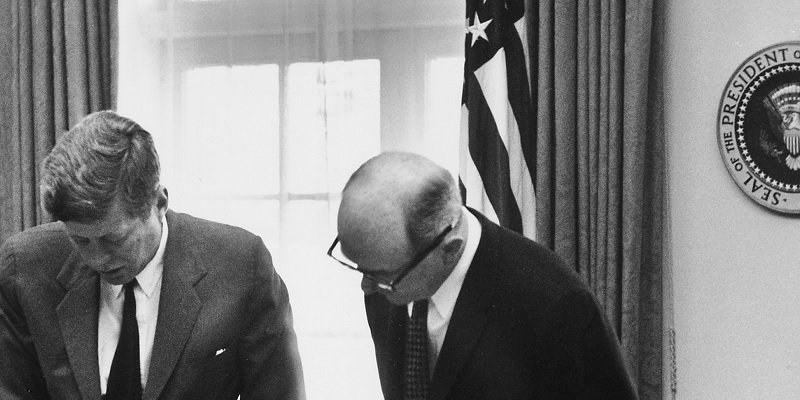
CIA’s 60 year war with the Government Accountability Office: the ‘40s to the ‘60s Part 2
While the CIA had successfully thwarted the Government Accountability Office’s ability to audit the Agency by the early ’60s, the trouble brewing between the two were only beginning. These problems would only serve to further call into question the CIA’s good faith, as testimony and documents demonstrate that the Agency’s issue wasn’t with security concerns, but with the very concept of oversight.
-

Why do you have to be so rude, Fall River?
While many government agencies are staffed with records access officers who are more than happy to assist the public, some are seriously committed to keeping those files away from prying eyes. Enter Fall River District Court.
-

Sir Robert Maxwell’s FBI file is getting more classified by the minute
Sir Robert Maxwell is mostly remembered as the Czech-born British media mogul who owned the Daily Mirror and was a Member of Parliament. Less remembered is that he was an alleged spy for both the U.K. and Israel, and was accused of ties to the Mossad abduction of Mordechai Vanunu - accusations which he denied shortly before his apparent suicide. All but forgotten, however, are his alleged ties to the PROMIS affair, thanks in no small part to the FBI withdrawing his file from public view.
-

Learn to staple smarter - the CIA way
Pop quiz, hotshot. There’s a stack of paper you need to keep together temporarily, and a hole punch just won’t cut it. Where do you apply the staple and at what angle? What angle? Oh, look, while you were hesitating, a breeze just blew the whole thing to the floor. Time to brush up on your CIA guide to stapling, rookie.
-

“It works like magic … and boy, have we patented it” The government paperwork behind the iPhone
For years, Apple has been the benchmark for cutting edge, media-minded consumer computer products, and to back it up are thousands of patents covering the software on its phones to the boxes they come in.
-

CIA’s 60 year war with the Government Accountability Office: the ‘40s to the ‘60s Part 1
For nearly sixty years, the CIA has resisted the Government Accountability Office’s (GAO) efforts to perform a full audit of the Agency, even going so far as to not only render themselves exempt, but to spread this exemption throughout the rest of the Intelligence Community. When the GAO got fed up and quit, the CIA tried to have the letters detailing their frustrations classified.
-
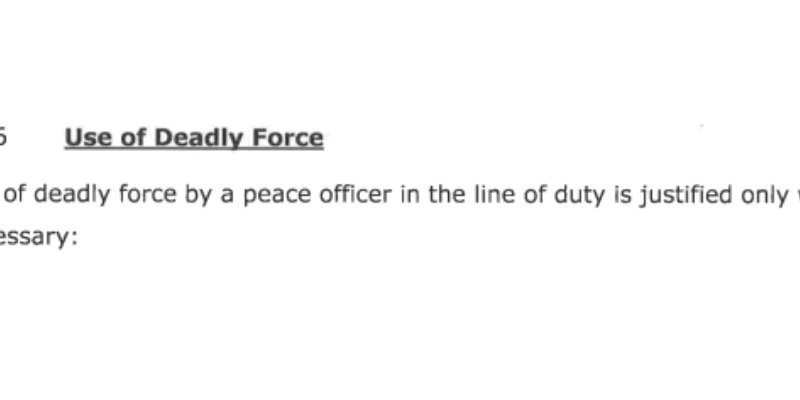
Read St. Anthony Police Department’s Use of Force Policy
As part of our collaboration with Campaign Zero, MuckRock requested use of force policies from the 100 largest police departments in the country, including St. Anthony PD. In the wake of the recent release of the dash cam video of the shooting of Philando Castile, we wanted to give you a chance to read the policy yourself.
-

Louisiana joins police compact which brought out-of-state cops to Standing Rock
This month, Louisiana entered into the Emergency Management Assistance Compact (EMAC), which last year gave out-of-state cops the legal authority to flood into North Dakota during the protests against the Dakota Access pipeline. Tellingly, this agreement coincides with the state’s finalization of the Bayou Bridge pipeline proposal, itself an extension of DAPL.
-
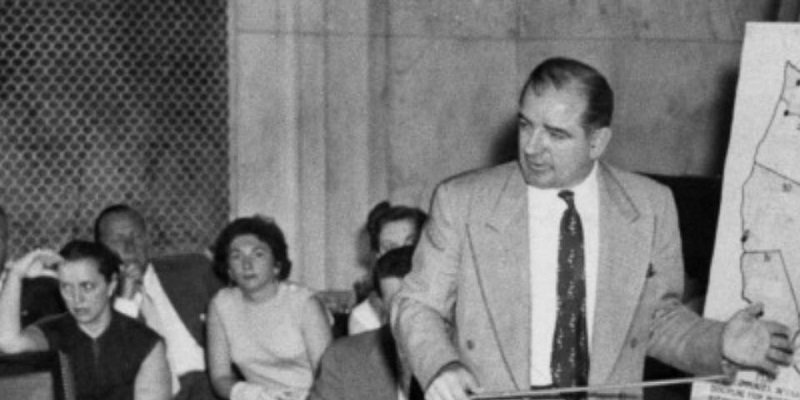
Joe McCarthy allegedly had spies within the CIA
A pair of CIA memos on the McCarthy Subcommittee make the startling allegation that the Subcommittee had managed to spy on the Agency. A formerly SECRET summary from the McCarthyism file states that an unnamed source had identified classified CIA materials that the Subcommittee had managed to get its hands on, as well as tape recordings of Agency officials speaking, apparently obtained through bugging.
-

Five surprises from Steve Jobs’ FBI file
The release of Steve Jobs’ FBI file was one of MuckRock’s first big stories, and it even set the framework for what would become the Subjects Matter project. With the iPhone turning ten this week, here’s a look back at some of the most surprising finds from the Bureau’s investigation.
-

During the Cold War, the nuclear apocalypse came with a dress code
Earlier, we looked at Plan C, the government’s Cold War contingency plan to declare martial law if war with the Soviets became inevitable. More recent releases reveal that not only did the FBI drill for its new role in an irradiated police state, but that even in the face of nuclear Armageddon there were strict guidelines on employee attire.
-

Intelligence agency takes on intelligence agency in the “Astral Projection Caper”
A formerly TOP SECRET document from the NSA describes an incident which it called the “Astral Projection Caper,” which revolved around what seems to have been fabricated, or at least nonexistent, CIA evidence of confirmed psychic phenomenon.
-

You can FOIA selfies … so long as they’re of Paul Krugman
Back in 2014, journalist J.K. Trotter received in response to a FOIL request correspondence between City University of New York and economist/New York Times columnist/cat aficionado Paul Krugman, regarding an upcoming gig at their Income Inequality Institute. While Krugman’s $225,000 salary drew significant attention, there was one email in particular that stood out for the hardcore Krugman wonks - the one about the selfies. In response, Trotter filed for said selfies, and the rest is #OpenGov history.
-

Better know a private prison giant: GEO Group’s Board of Directors
Who’s overseeing America’s largest for-profit immigration detention operation? More than a few familiar faces, including former leaders at the Department of Defense, Department of Homeland Security, and Department of Justice.
-

Suicides are often missing from gun violence data
When it comes the debate around to gun violence, we’re bombarded by tragedies like Columbine, Sandy Hook, San Bernardino, the list goes on. But framing the issue around mass shootings misses a crucial point: guns are not only being used to kill other people. Overwhelmingly, they’re being used by people ending their own lives.
-

Minneapolis Police Department spent $13 million on lawsuits and settlements over the last five years
Records released this month by Minneapolis Police show the department has spent $13 million in officer conduct lawsuits and settlements since 2011, spending as much as $4.2 million in one year.
-

Reflections on Standing Rock
Thanks to a grant from the Fund for Investigative Journalism, I had the privilege of visiting both North and South Dakota and speak with witnesses and victims of the widespread police violence that occurred on the north border of the Standing Rock Reservation. There will be plenty of follow-up in the weeks to come, but while the memory’s still fresh, I wanted to share an initial reflection from traveling to the treaty lands of the Dakotas.
-
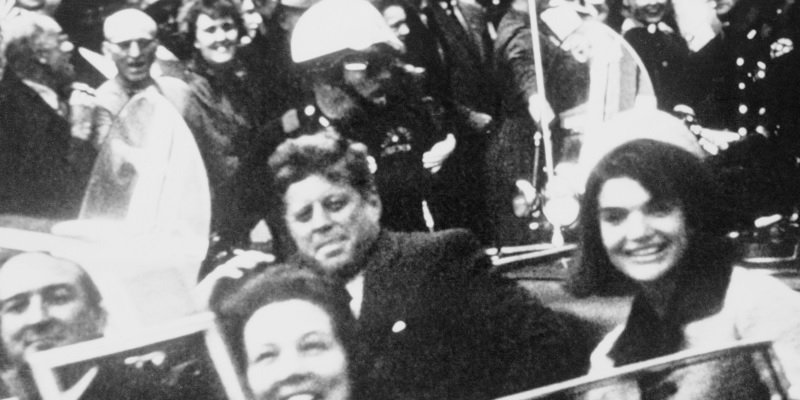
The CIA’s six most dangerous FOIA topics
In a 1978 memo urging the curbing of the newly-empowered Freedom of Information Act, the CIA compiled a list of six FOIA request topics considered to be the most potentially dangerous to the Agency’s reputation.
-

Utility complaints about dubious energy “deals” surging in Massachusetts
If you live in Boston, you might have had a knock on your door, and then opened it to see one or two individuals, each with an official-looking ID on a lanyard, who will immediately launch into their script - they’re “with” your energy company, and would like to offer you an opportunity to sign up for a fixed rate. And while they aren’t exactly door-to-door scammers, that rate they sign you up for may end up costing you far more than you currently pay. A request submitted to the Department of Public Utilities shows that the number of complaints filed against these companies has drastically increased over the past eight years.
-

The wit, wisdom, and pitch-black cynicism of the National War College
In 1988, then-Deputy Director of the CIA Robert Gates gave a talk at the National War College that left enough of an impression that a line or two ended up in the college’s end of the year “Book of Proverbs, Jokes, and Other Comments.” The Agency, never one to let a mention go unarchived, then preserved said book for posterity in CREST. Let’s just say there’s more than a few folks who’d probably prefer that didn’t happen.
-
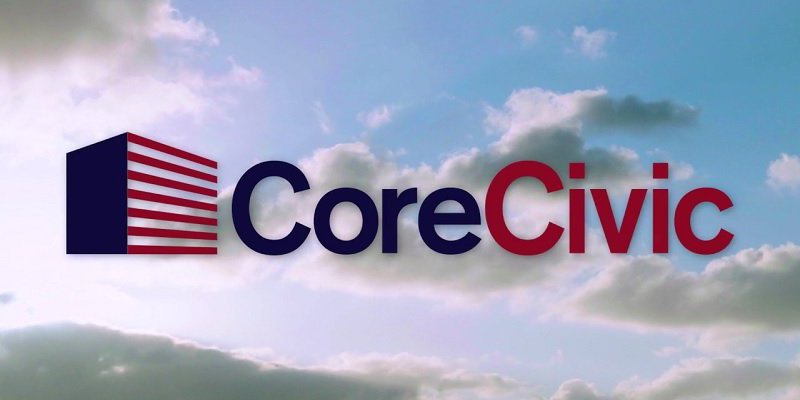
Better know a private prison giant: CoreCivic’s Board of Directors
Who’s overseeing America’s largest for-profit prison operation? More than a few familiar faces, including one former head of a federal law enforcement agency.